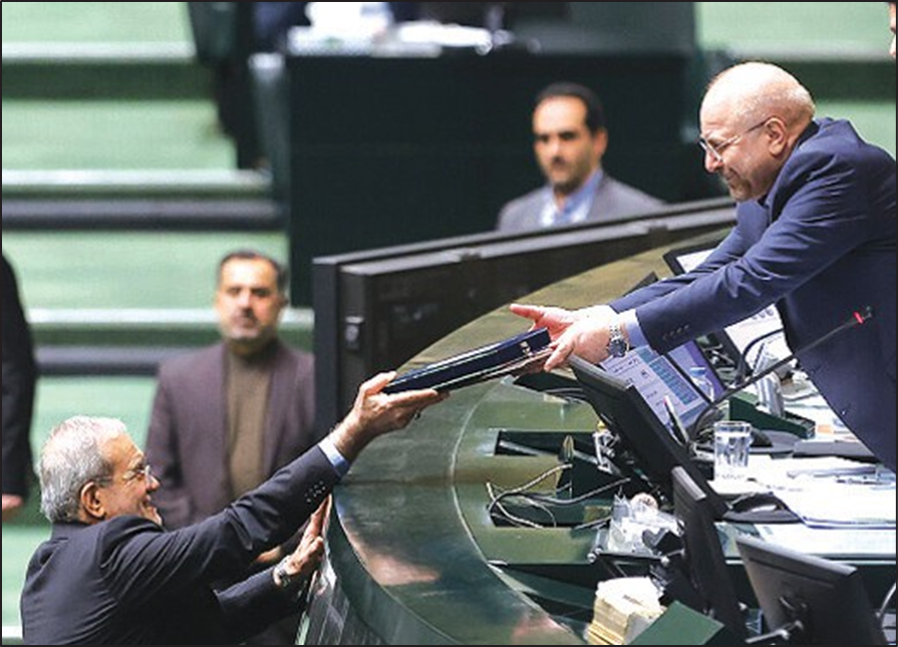August 06, 2021
Some of Iran’s most outspoken political prisoners are being moved to jails far from their families as part of a what seems to be a harassment against the regime’s most-effective critics, a human rights group has said.
Campaigners say the transfer of lawyers, labor activists and women’s rights adherents from Tehran’s Evin prison accelerated in the last year as the leadership sought to dilute the influence of opposition figures. Women, in particular, have been targeted, campaigners say.
“This is a deliberate attempt by the Islamic regime to exert more psychological pressure and torture on political prisoners,” said Shiva Mahbobi, of the Campaign to Free Political Prisoners in Iran (CFPPI).
Those impacted include lawyer Nasrin Sotoudeh, who is serving a minimum of 12 years in prison for anti-regime propaganda after defending a woman protesting against the mandatory wearing of the hejab.
Sotoudeh is one of dozens of prominent campaigners moved in the past two years with little notice. She was transferred last October to Qarchak, a prison in Varamin, 35 kilometers from Tehran.
Iran Prison Atlas, a US-based group that monitors Iranian penal policy, said at least 18 women and 10 male political prisoners were moved from Evin in the past year.
“The recent political prisoner transfers from Evin appear to target specific women activists,” an Iran Prison Atlas researcher told The National, an English language daily in the UAE.
She said some women “have not been sent to Evin’s women’s ward because authorities did not want them to interact with other women activists there, fearing they would be encouraged and become more politically active.”
Qarchak is infamous for its filthy conditions.
The CFPPI, run by exiled former political prisoners, has logged increasing numbers of prisoners being moved since February.
It cited the case of Soheil Arabi – an atheist blogger and vocal defender of prisoner rights – who was transferred several times to Fashafuyeh jail, 32 kilometers south of Tehran following his sentencing for blasphemy in 2013.
He was held with non-political prisoners suffering from contagious diseases, the campaign group said. Political prisoners are often more isolated from other inmates, but are generally held in better conditions, say researchers.
















